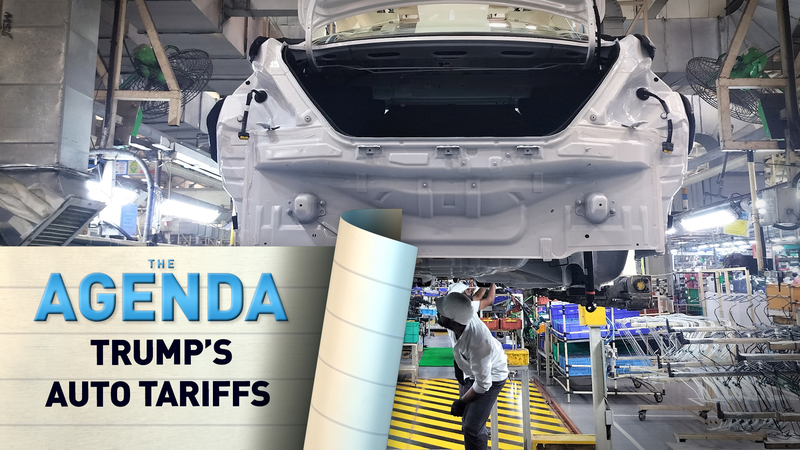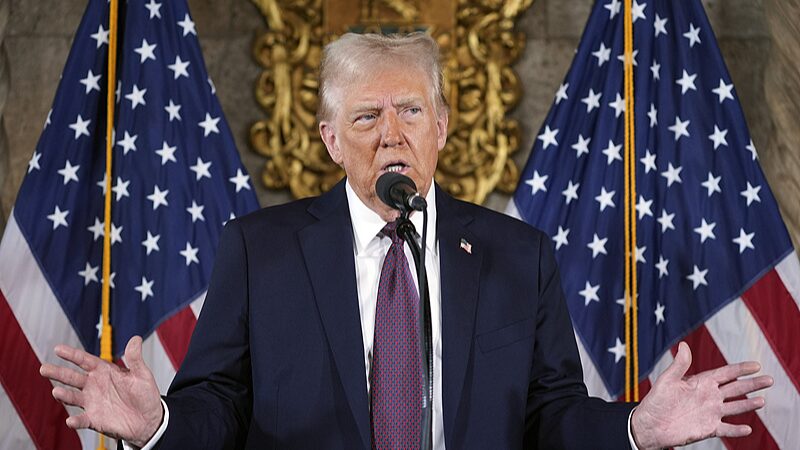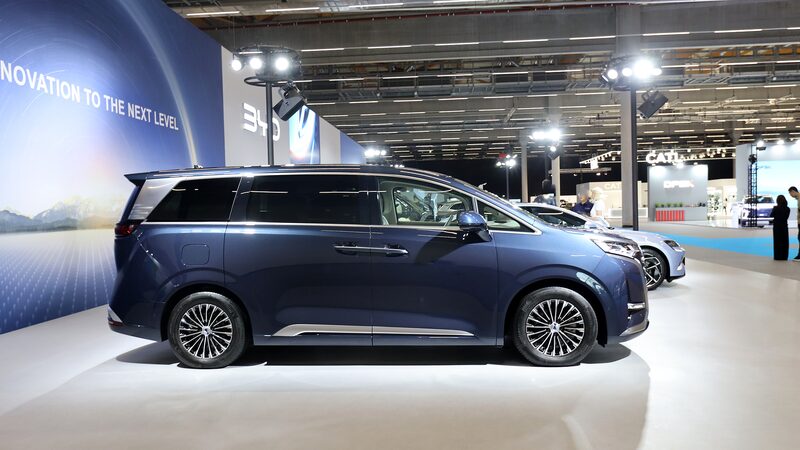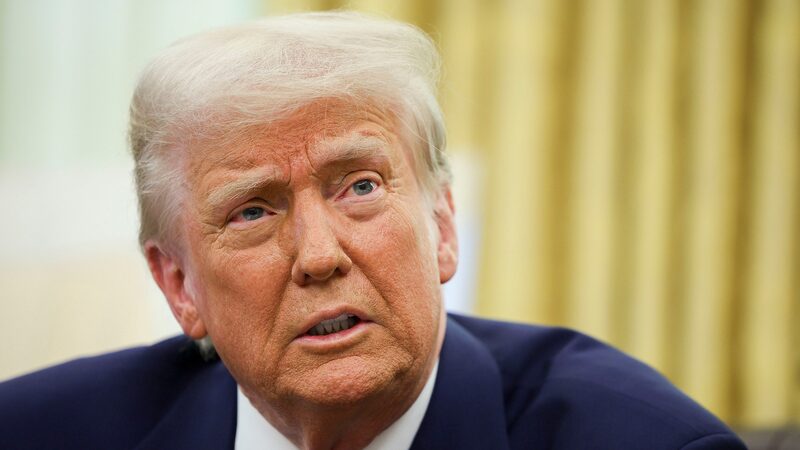When former U.S. President Donald Trump announced 25% tariffs on imported vehicles and parts in April and May respectively, calling them "permanent," shockwaves rippled through the global automotive sector. While subsequent policy shifts have left uncertainty hanging over international markets, industry experts warn of prolonged disruptions to supply chains and consumer costs.
Dan Hearsch of AlixPartners notes the tariffs could elevate vehicle prices by up to $4,000 in the U.S., disproportionately impacting lower-income buyers. Meanwhile, Burkhard Riering of Automobilwoche highlights Europe’s vulnerability, with Germany exporting 20% of its auto production to the U.S. A prolonged trade rift, he argues, risks "redefining decades of industrial interdependence."
Chinese analysts like Zhang Yu of Automotive Foresight emphasize adaptability, pointing to accelerated EV development in the Chinese mainland as a potential counterbalance. However, fragmented regulations across markets could complicate recovery efforts for automakers operating globally.
With 30% of auto parts traded across borders currently subject to tariffs, manufacturers face tough choices: absorb costs, relocate production, or pass expenses to consumers. As geopolitical tensions influence trade frameworks, the industry’s next moves may shape economic stability far beyond showrooms.
Reference(s):
cgtn.com







